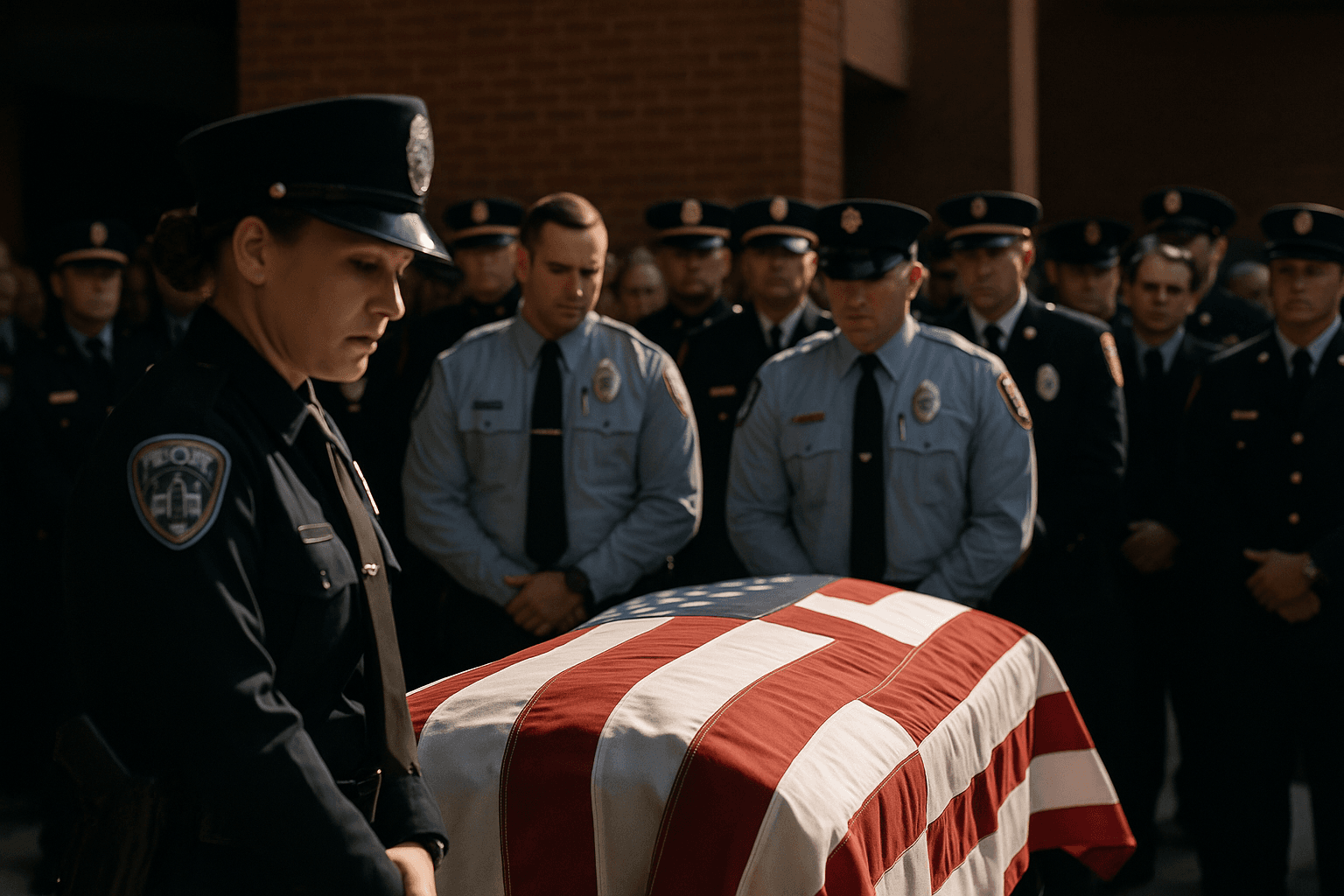WakeMed Officer Remembered by First Responders, Community at Funeral
About 200 first responders gathered in Raleigh to honor WakeMed campus police officer Roger Smith at a funeral service held November 17, underscoring the deep impact of his death on hospital staff, law enforcement partners, and local residents. The violence that led to Smith's death in the WakeMed Garner emergency department has renewed attention on workplace safety in health care, and the family has asked for donations to the 200 Club of Wake County to help survivors.

Family, colleagues, and first responders filled Providence Church on November 17 to mourn Roger Smith, a 59 year old WakeMed campus police officer who served the hospital for 14 years. Roughly 200 first responders attended the service as WakeMed leaders and regional law enforcement paid tribute to a veteran officer whose earlier public safety work included time with Knightdale Police and service as a Garner volunteer firefighter.
Smith died on November 8 after a struggle in the WakeMed Garner Healthplex emergency department, an incident that has left staff and patients shaken and prompted an ongoing investigation into the circumstances. WakeMed and local law enforcement said they were cooperating in that inquiry while continuing to grieve the loss. Smith was interred at Pinecrest Memorial Park in Clayton following a caisson procession through parts of the city. Road closures accompanied the procession, affecting traffic in and around the route during the service.
The funeral drew attention beyond the immediate circle of colleagues because it exposed persistent safety concerns in emergency care settings. Health care workers nationally report rising rates of workplace violence, and emergency departments are often on the front line. For Wake County residents, the killing raises questions about security measures at hospital facilities, staff training, and resources for mental health and de escalation on site.

Hospital administrators and public safety officials face difficult policy choices as they balance open access to urgent care with stronger protections for clinicians and security personnel. Investments in staffing, training, and environmental design can reduce risk, while coordinated support for grieving staff, including counseling and time off, is essential for public health and morale.
Smith’s family has asked that donations be made to the 200 Club of Wake County to assist his survivors. As the community mourns, WakeMed and partner agencies will continue to work through the investigation and review safety practices so that patients and staff can feel secure seeking and providing care.


